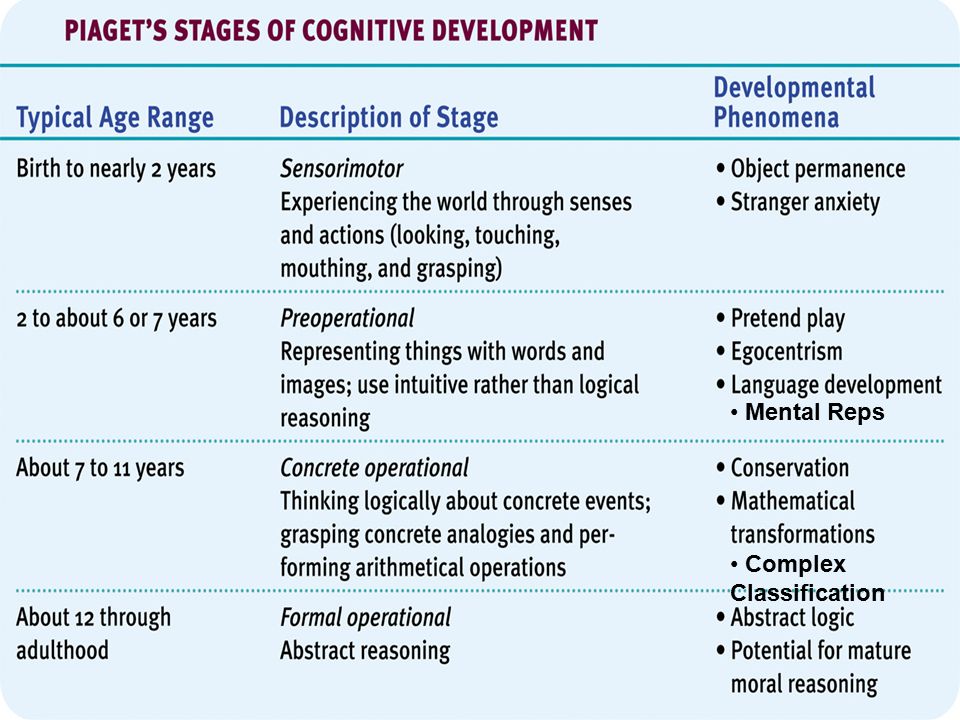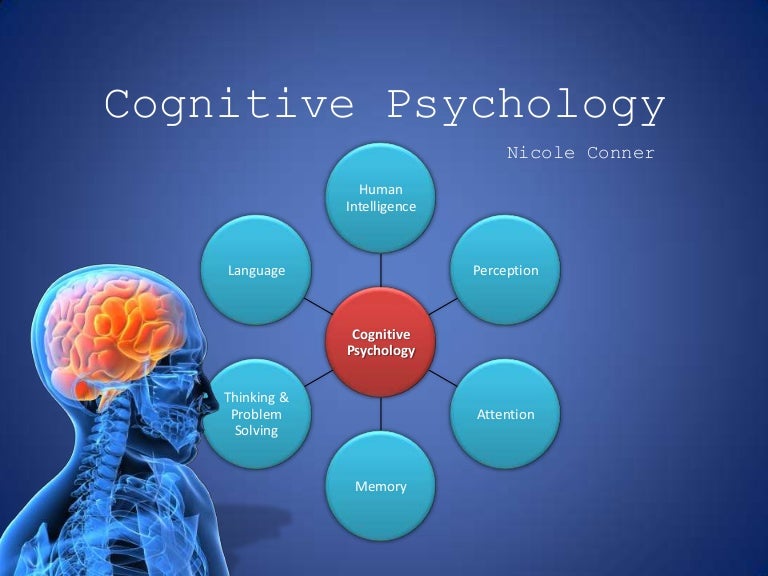Infp introverted intuitive feeling perceiving
INFPs value inner harmony above all else. Sensitive, idealistic, and loyal, they have a strong sense of honor concerning their personal values and are often motivated by deep personal belief or by devotion to a cause they feel is worthy. INFPs are interested in possibilities beyond what is already known and focus most of their energy on their dreams and visions. Open-minded, curious, and insightful, they often have excellent long-range vision. In day-to-day matters they are usually flexible, tolerant, and adaptable, but they are very firm about their inner loyalties and set very high--in fact, nearly impossible--standards for themselves. INFPs have many ideals and loyalties that keep them occupied. Although they demonstrate cool reserve on the outside, INFPs care deeply inside. They are compassionate, sympathetic, understanding, and very sensitive to the feelings of others. They avoid conflict and are not interested in impressing or dominating others unless their values are at stake. Often INFPs prefer to communicate their feelings in writing, rather than orally. When they are persuading others of the importance of their ideals, INFPs can be most convincing. INFPs seldom express the intensity of their feelings and often appear reticent and clam. However, once they know you, they are enthusiastic and warm. INFPs are friendly, but tend to avoid superficial socializing. They treasure people who take thetime to understand their goals and values. Since logic is not a priority for INFPs, they sometimes make errors of fact and can be unaware that they are being illogical. Because they are so committed to their own ideals, INFPs have a tendency to overlook other points of view and can sometimes be rigid. They are not particularly interested in physical surroundings, and often are so busy that they fail to notice what is happening around them. INFPs may reflect on an idea much longer than is really necessary to begin a project. Their perfectionistic tendencies can lead them to refine and polish their ideas for so long that they never share them. This is dangerous, since it is important for INFPs to find ways of expressing their ideas. To keep from getting discouraged, they need to work toward becoming more action-oriented. INFPs are so emotionally entangled in their undertakings that they are very sensitive to criticism. Because INFPs tend to try to please many people at the same time, it can be hard for them to stand up for an unpopular position. They hesitate to criticize others, and they have a hard time saying no. When INFPs don't express their negative opinions about ideas or plans, others can be misled into thinking they agree with them. INFPs need to develop more assertiveness, and can benefit from learning how to offer honest criticism of others when needed. | Build 30. Apr 12, 2003 Home Introduction Discover your personality typeEI preferenceSN preference TF preference JP preference Type Description More about type theoryFunctionEvolution Scrutiny E enfj. enfp.tex entj.tex entp.tex esfj.tex esfp.tex estj.tex estp.tex I infj.tex infp.tex intj.tex intp.tex isfj.tex isfp.tex istj.tex istp. |
INFP: Introverted iNtuitive Feeling Perceiving
ADVERTISEMENT
Introverted iNtuitive Feeling Perceiving
"I remember the first albatross I ever saw. ... At intervals, it arched forth its vast archangel wings, as if to embrace some holy ark. Wondrous flutterings and throbbings shook it. Though bodily unharmed, it uttered cries, as some king's ghost in super natural distress. Through its inexpressible, strange eyes, methought I peeped to secrets not below the heavens. As Abraham before the angels, I bowed myself..." --(Herman Melville, Moby Dick)
INFPs never seem to lose their sense of wonder. One might say they see life through rose-colored glasses. It's as though they live at the edge of a looking-glass world where mundane objects come to life, where flora and fauna take on near-human qualities.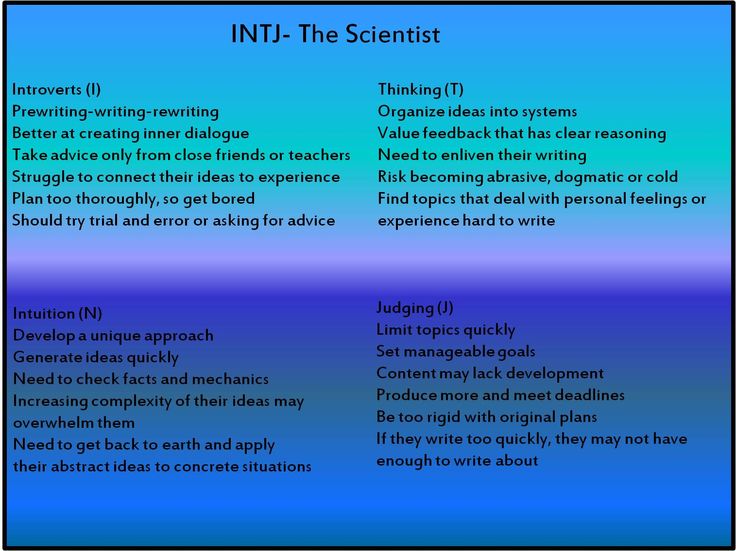
INFP children often exhibit this in a 'Calvin and Hobbes' fashion, switching from reality to fantasy and back again. With few exceptions, it is the NF child who readily develops imaginary playmates (as with Anne of Green Gables's "bookcase girlfriend"--her own reflection) and whose stuffed animals come to life like the Velveteen Rabbit and the Skin Horse:
"...Generally, by the time you are Real, most of your hair has been loved off, and your eyes drop out and you get loose in the joints and very shabby. But these things don't matter at all, because once you are Real you can't be ugly, except to people who don't understand..." (the Skin Horse)
INFPs have the ability to see good in almost anyone or anything. Even for the most unlovable the INFP is wont to have pity.
Rest you, my enemy,
Slain without fault,
Life smacks but tastelessly
Lacking your salt!
Stuck in a bog whence naught
May catapult me,
Come from the grave, long-sought,
Come and insult me!
--(Steven Vincent Benet, Elegy for an Enemy)
Their extreme depth of feeling is often hidden, even from themselves, until circumstances evoke an impassioned response:
"I say, Queequeg! Why don't you speak? It's I--Ishmael." But all remained still as before. ... Something must have happened. Apoplexy!
... And running up after me, she caught me as I was again trying to force open the door. ... "Have to burst it open," said I, and was running down the entry a little, for a good start, when the landlady caught me, again vowing I should not break down her premises; but I tore from her, and with a sudden bodily rush dashed myself full against the mark.--(Melville, Moby Dick)
Of course, not all of life is rosy, and INFPs are not exempt from the same disappointments and frustrations common to humanity. As INTPs tend to have a sense of failed competence, INFPs struggle with the issue of their own ethical perfection, e.g., performance of duty for the greater cause. An INFP friend describes the inner conflict as not good versus bad, but on a grand scale, Good vs. Evil. Luke Skywalker in Star Wars depicts this conflict in his struggle between the two sides
of "The Force.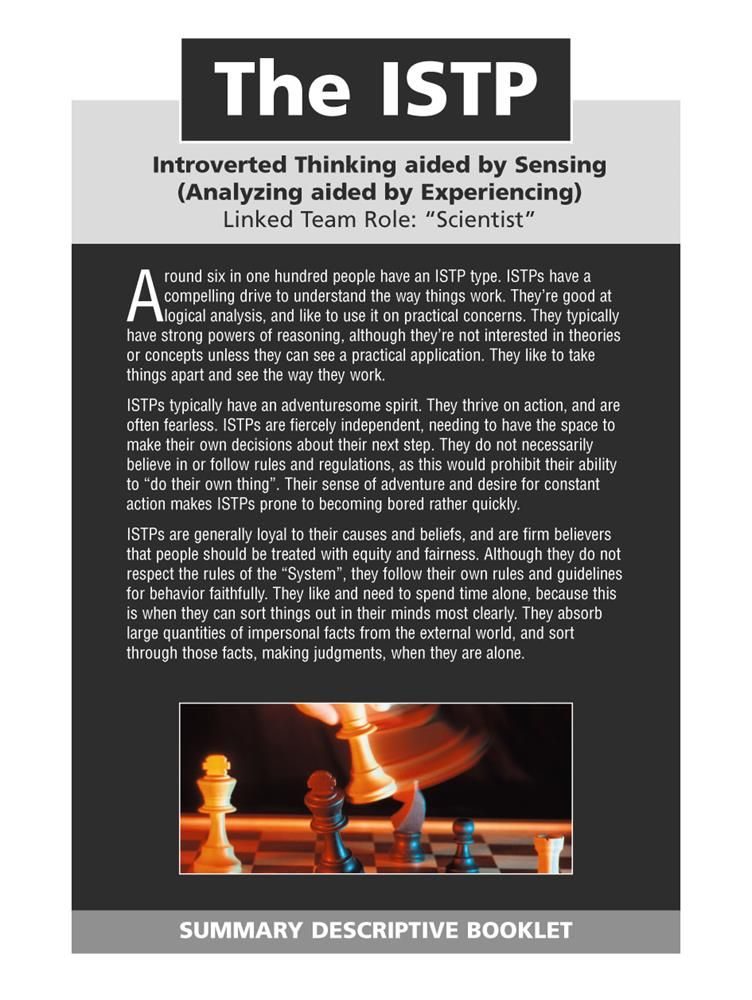 " Although the dark side must be reckoned with, the INFP believes that good ultimately triumphs.
" Although the dark side must be reckoned with, the INFP believes that good ultimately triumphs.
Some INFPs have a gift for taking technical information and putting it into layman's terms. Brendan Kehoe's Zen and the Art of the Internet is one example of this "de-jargoning" talent in action.
What is your personality type? Take the Test!
ADVERTISEMENT
Based on Jung’s framework of cognitive functions
Introverted Feeling
INFPs live primarily in a rich inner world of introverted Feeling.
Being inward-turning, the natural attraction is away from world and toward
essence and ideal. This introversion of dominant Feeling, receiving its
data from extraverted intuition, must be the source of the quixotic nature
of these usually gentle beings. Feeling is caught in the approach-
avoidance bind between concern both for people and for All Creatures Great
and Small, and a psycho-magnetic repulsion from the same. The "object,"
be it homo sapiens or a mere representation of an organism, is valued
only to the degree that the object contains some measure of the inner
Essence or greater Good. Doing a good deed, for example, may provide
intrinsic satisfaction which is only secondary to the greater good of
striking a blow against Man's Inhumanity to Mankind.
The "object,"
be it homo sapiens or a mere representation of an organism, is valued
only to the degree that the object contains some measure of the inner
Essence or greater Good. Doing a good deed, for example, may provide
intrinsic satisfaction which is only secondary to the greater good of
striking a blow against Man's Inhumanity to Mankind.
Extraverted iNtuition
Extraverted intuition faces outward, greeting the world on behalf of Feeling. What the observer usually sees is creativity with implied good will. Intuition spawns this type's philosophical bent and strengthens pattern perception. It combines as auxiliary with introverted Feeling and gives rise to unusual skill in both character development and fluency with language--a sound basis for the development of literary facility. If INTPs aspire to word mechanics, INFPs would be verbal artists.
Introverted Sensing
Sensing is introverted and often invisible.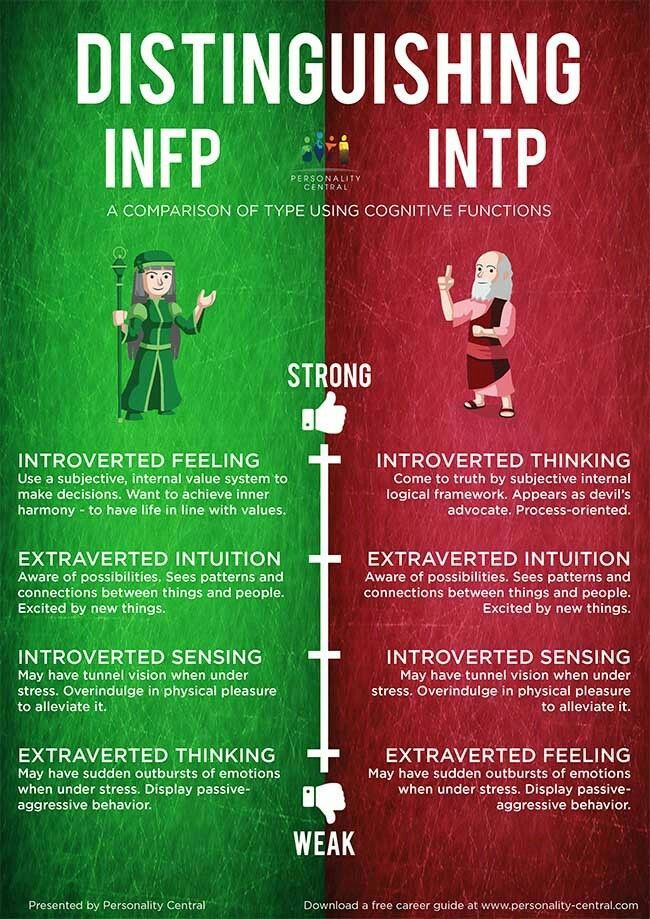 This stealth function in
the third position gives INFPs a natural inclination toward absent-
mindedness and other-worldliness, however, Feeling's strong people
awareness provides a balancing, mitigating effect. This introverted
Sensing is somewhat categorical, a subdued version of SJ sensing. In the
third position, however, it is easily overridden by the stronger functions.
This stealth function in
the third position gives INFPs a natural inclination toward absent-
mindedness and other-worldliness, however, Feeling's strong people
awareness provides a balancing, mitigating effect. This introverted
Sensing is somewhat categorical, a subdued version of SJ sensing. In the
third position, however, it is easily overridden by the stronger functions.
Extraverted Thinking
The INFP may turn to inferior extraverted Thinking for help in focusing on externals and for closure. INFPs can even masquerade in their ESTJ business suit, but not without expending considerable energy. The inferior, problematic nature of Extraverted Thinking is its lack of context and proportion. Single impersonal facts may loom large or attain higher priority than more salient principles which are all but overlooked.
(by Joe Butt - published under license)
INFP - frwiki.
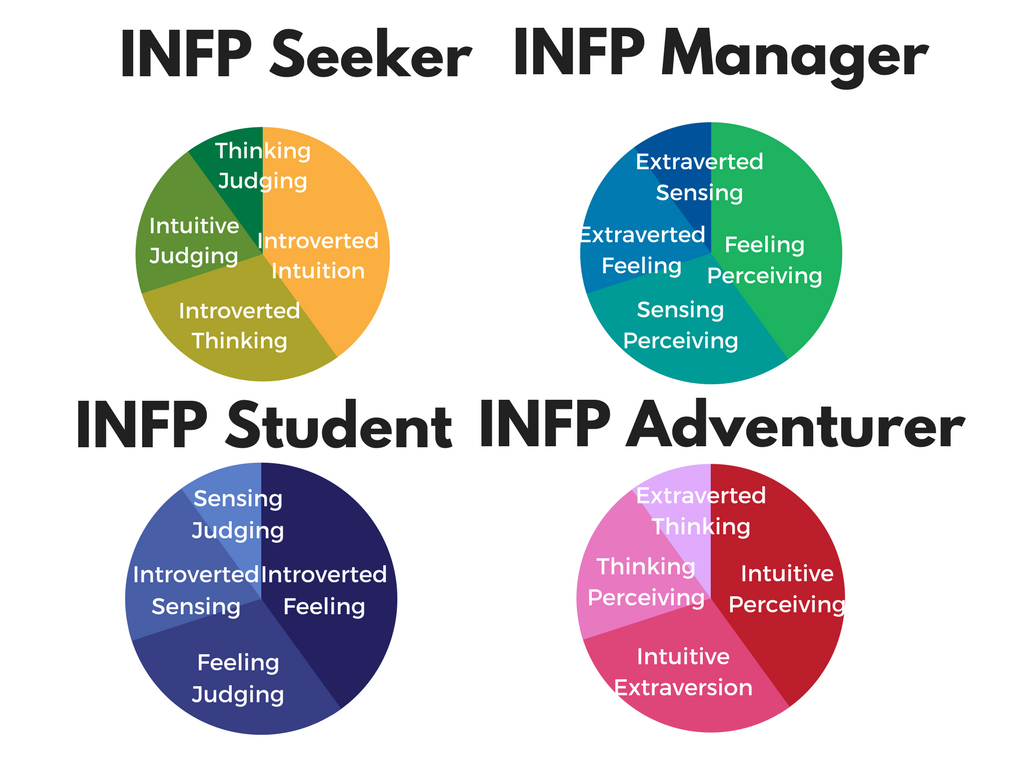 wiki
wiki The psychological type of Myers-Briggs classification is considered in the article. For information on the socionic type INFp, see . In the Socionics section.
INFP (abbreviated "introversion, intuition, feeling, perception" means introversion, intuition, feeling, perception) is one of the sixteen psychological types in the Myers-Briggs Test (MBTI). He is one of the four types of idealistic temperament.
INFP is one of the rarest personality types, accounting for about 3.6% of the population.
Summary
- 1 INFP preferences
- 2 Features
- 3 Cognitive functions
- 3.1 Additional functions
- 4 known INFPs
- 5 Notes and references
- 6 Related Articles
- 7 External link
INFP Preferences
- I - Introversion , preferable to extraversion: INFPs are usually reserved and reserved. They prefer to communicate with a few close friends than with a large circle of acquaintances, and they expend (i.
 e. lose) energy in communication (while extroverts win in the same circumstances).
e. lose) energy in communication (while extroverts win in the same circumstances). - N - Intuition , preferable to sensations: INFPs are more abstract than concrete. They focus on the big picture of a thing or situation rather than its details, on the context rather than on the thing itself, on future possibilities rather than immediate realities.
- F - Feeling thought preference: INFP values subjective or personal considerations more than impersonal and objective criteria. When making decisions, they give more weight to social considerations than to logic.
- P - Perception preferable to judgment: INFPs retain their judgment and take the time to make important decisions, preferring to retain as many options as possible should circumstances change.
Characteristics
Psychologist David Keirsey identified William Shakespeare as an INFP. However, if you follow the rules of the MBTI, only passing the test can determine the type of personality with certainty.
According to the Myers-Briggs typology, INFPs focus most of their energy on the inner world, where strong feelings and a strong sense of ethics predominate. They are looking for a life that matches their values. Loyal and valued by others, INFPs can quickly identify opportunities in which they can realize their ideals. They are curious, eager to understand others, tolerant and flexible, except when the values they believe in are under threat.
An INFP's polite and reserved demeanor can make it difficult to understand at first. However, they enjoy socializing and take special pleasure in anything unusual they can learn. In a sociable mood, their humor and charm are remarkable. Due to their tendency to love people and avoid conflict, INFPs often keep others in rather pleasant company.
Loyal to their circle of friends, INFPs see themselves as guardians of the welfare of others, comforting those in distress. Guided by their desire for harmony, they always prefer flexibility to rigidity if their values are respected.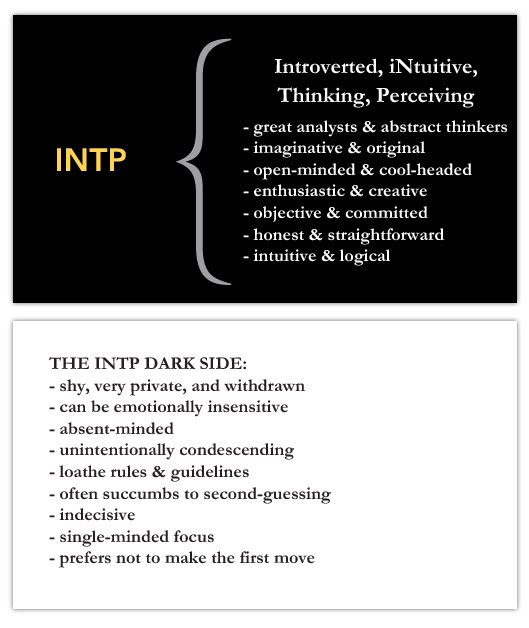 Otherwise, they will defend them fervently and passionately. They can often influence others to make their own opinions matter by using tact, diplomacy, and some ability to see a situation or object from different perspectives.
Otherwise, they will defend them fervently and passionately. They can often influence others to make their own opinions matter by using tact, diplomacy, and some ability to see a situation or object from different perspectives.
INFPs develop this ability through reflection and take a long time to process and digest new information. As patient as they can be when it comes to something difficult, routine tires them out. They are not always organized, but they are scrupulous about what is dear to them. Perfectionists can struggle to complete a task if it doesn't meet their high standards. They may even go back to an already completed and completed project to improve it again.
INFP is a creative type who can handle language. Introverts prefer to express themselves in writing rather than verbally. Their sentimental dominance (Feeling) makes them seek to communicate with others, while their intuitive auxiliary function depends on their imagination. They know how to play with symbols, love metaphors and similarities.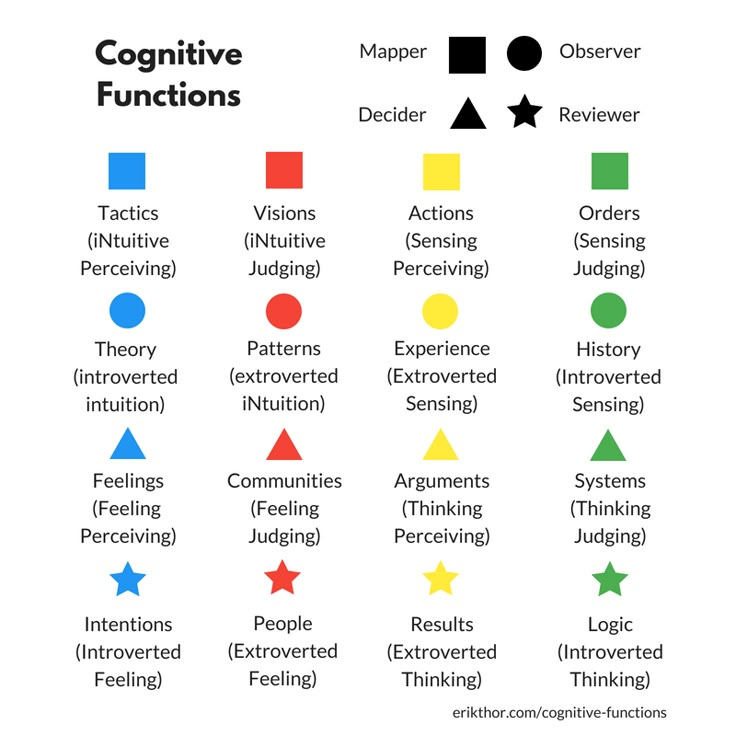 INFPs are constantly looking for new ideas, adapt well to change, and prefer to work in an environment that allows them to express their talents and thereby positively differentiate themselves from others in line with their personal values.
INFPs are constantly looking for new ideas, adapt well to change, and prefer to work in an environment that allows them to express their talents and thereby positively differentiate themselves from others in line with their personal values.
Cognitive functions
According to recent developments, INFP cognitive functions are structured as follows:
- Dominant
- Introvert Feeling (Fi)
- Introverted Sense filters information from value judgments and forms these judgments based on often intangible criteria. He constantly balances between two different imperatives, such as the pursuit of harmony and the pursuit of authenticity. Adapted to subtle differences, the introverted sense instinctively senses what is right or wrong in a given situation. With introverted feelings as their dominant function, INFPs live in a world full of emotions.
- Auxiliary
- Extraverted Intuition (Ne)
- Extraverted intuition finds and interprets the hidden meaning of an object, statement, or situation based on the question "what if.
 ..?" »Explore possible alternatives and combine several possibilities. This game of imagination weaves a web of experience and understanding to form a new big picture that can act as a catalyst for action. INFPs first understand the world through their intuition. They easily see things from the big picture, sense the intentions in the situation and experience the flow of existence as becoming.
..?" »Explore possible alternatives and combine several possibilities. This game of imagination weaves a web of experience and understanding to form a new big picture that can act as a catalyst for action. INFPs first understand the world through their intuition. They easily see things from the big picture, sense the intentions in the situation and experience the flow of existence as becoming.
- Tertiary
- Introverted sensation (Si)
- Introvert Sensing collects data from the present moment and compares it with data from past experiences. This process brings to the surface the feelings associated with the memories that the subject experiences while remembering them. In an effort to protect what is familiar to him, introverted feeling brings out goals and expectations for future events in history. This feature gives INFPs a natural tendency to move from one "world" to another and allows them to be more easily distracted than other types.
- Below
- Extraverted Thinking (Te)
- Extraverted thinking organizes and plans ideas to ensure effective and productive achievement of set goals.
 It looks for logical explanations for actions, events and conclusions, and also identifies possible errors or misconceptions. Outward thinking helps the INFP focus on external details; however, being a minor function, it requires more power and is not as reliable as if it were a dominant function.
It looks for logical explanations for actions, events and conclusions, and also identifies possible errors or misconceptions. Outward thinking helps the INFP focus on external details; however, being a minor function, it requires more power and is not as reliable as if it were a dominant function.
Secondary Functions
According to recent developments, in particular the work of Linda W. Behrens, these four additional functions are not those that INFPs are naturally inclined to, but can occur in a stressful situation. For INFP, these functions are structured as follows:
- Extraverted Feeling (Fe) : Extraverted Feeling strives for social connection and creates harmonious interactions through polite and adapted behavior. It responds to the explicit (and implicit) desires of others, which can cause internal conflict between the subject's own needs and the desire to satisfy or understand the needs of others.
- Introverted Intuition (Ni) : Engaged by symbolic devices or actions, introverted intuition governs the synthesis of pairs of opposites to create new images in the mind.
 From these achievements comes a certain form of certainty that requires action or experience in order to develop a possible vision of the future; such realizations may include complex systems or universal truths.
From these achievements comes a certain form of certainty that requires action or experience in order to develop a possible vision of the future; such realizations may include complex systems or universal truths. - Extraverted Sensing (Se) : Extraverted Sensing focuses on experiences and sensations of the physical and immediate world. Possessing a keen awareness of what surrounds a person, he gives him facts and details that can constitute the engine of spontaneous actions.
- Introverted Thinking (Ti) : Introverted thinking seeks precision, such as the correct word, to accurately express an idea. She notices the tiny differences that define the essence of things, then she analyzes them and classifies them. Introverted thinking looks at the situation from all angles, seeks to solve problems with a minimum of effort and risk. He uses models to correct the hesitation and inconsistency of logical reasoning.
Famous INFPs
Although it is only by passing the MBTI test that a person's type can be identified with certainty, several practitioners have attempted to determine the type of certain famous people from biographical data.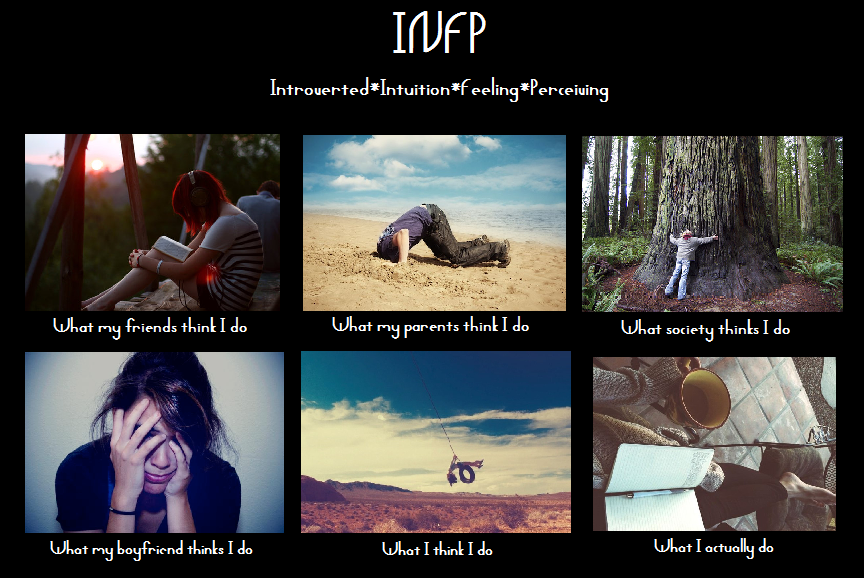 Thus, the American psychologist David Keirsey identified many well-known INFPs. Actor Stephen Colbert, host of the show Late Night, was identified as an INFP during his September 28, 2015 after passing the MBTI test.
Thus, the American psychologist David Keirsey identified many well-known INFPs. Actor Stephen Colbert, host of the show Late Night, was identified as an INFP during his September 28, 2015 after passing the MBTI test.
-
William Shakespeare, English writer.
-
Edgar Allan Poe, American writer.
-
Emily Dickinson, American poet.
-
Vincent van Gogh, Dutch painter.
-
JRR Tolkien, English writer and poet.
-
Albert Camus, French writer and philosopher.
-
Hans Christian Andersen, Danish writer, storyteller and poet.
-
Audrey Hepburn, British actress and UNICEF ambassador.
-
Antoine de Saint-Exupéry, French writer, poet and pilot.
-
John Lennon, British musician and singer.
-
George Martin, American writer.
-
Diana Spencer, known as Princess Diana, Princess of Wales and Duchess of Cornwall and Rothesay.
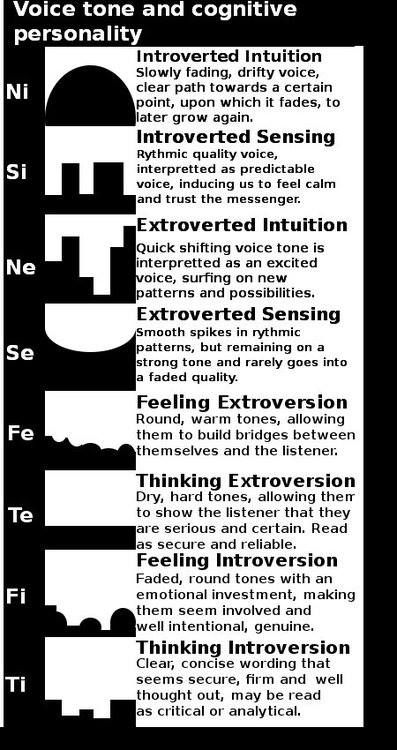
-
Johnny Depp, American actor and director.
-
Julia Roberts, American actress and producer.
-
Tim Burton, American film director, screenwriter and producer.
-
Soren Kierkegaard, Danish philosopher
-
Jean-Jacques Rousseau, French-speaking Genevan philosopher
-
Arthur Rimbaud, French poet
Click the thumbnail to enlarge it.
Notes and links
- ↑ " Myers-Briggs Foundation: The 16 MBTI Types " (as of May 7, 2009)
- ↑ " Myers Briggs Foundation " (accessed at 1 - e January 2014)
- ↑ " Mind Change: Extraversion vs. Introversion » (as of January 10, 2009)
- ↑ " Changing Minds: Feeling vs. Intuiting " (as of January 10, 2009)
- ↑ " Changing Perspectives: Thinking vs.
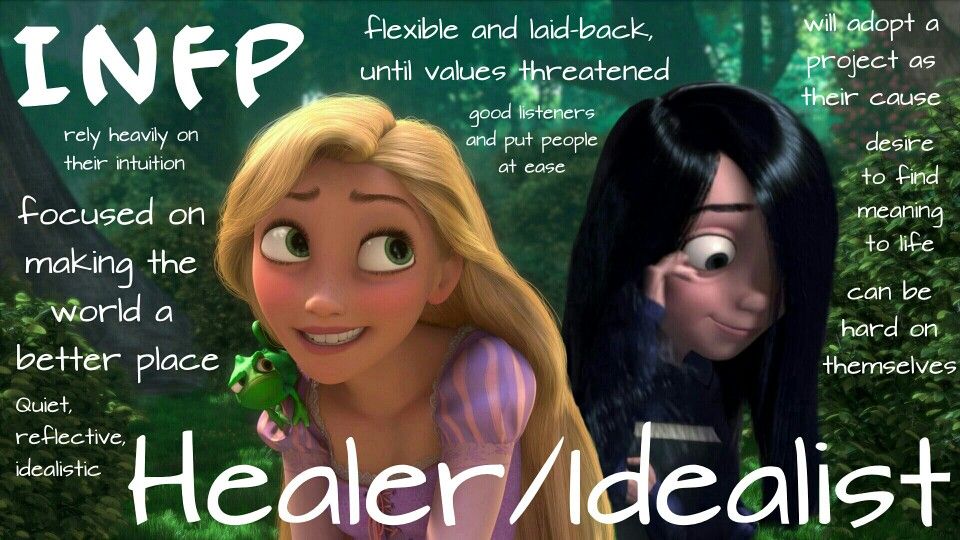 Feeling " (As of January 10, 2009)
Feeling " (As of January 10, 2009) - ↑ " A Change of Mind: Refereeing vs. Perception " (as of January 10, 2009)
- ↑ " Ethical Feedback on MBTI Results" (accessed June 2, 2009)
- ↑ Myers-Briggs INFP
- ↑ " Geocities INFP " (accessed at 1 - and June 2008) .
- ↑ " Cognitive Processes: Introverted Feeling " (Viewed May 12, 2009)
- ↑ a b c and d " TypeLogic INFP Functions " (accessed May 12, 2009)
- ↑ " Cognitive Processes: Extraverted Intuition " (Viewed May 12, 2009)
- ↑ " Cognitive Processes: Introverted Perception " (accessed May 12, 2009g.)
- ↑ " Cognitive Processes: Extraverted Thinking " (Viewed May 12, 2009)
- ↑ " CognitiveProcesses.
 com " (accessed May 21, 2008)
com " (accessed May 21, 2008) - ↑ " Cognitive Processes: Extraverted Feeling " (accessed May 12, 2009)
- ↑ " Cognitive Processes: Introverted Intuition " (accessed May 12, 2009)
- ↑ " Cognitive Processes: Extraverted Perception " (Viewed May 12, 2009)
- ↑ " Cognitive Processes: Introverted Thinking " (Viewed May 12, 2009)
- ↑ " Famous INFPs " (accessed January 2, 2015)
Related Articles
- Myers-Briggs Indicator
- Psychological type
- Psychological temperaments
- Carl Jung
External link
- INFP type detail sheet on 16-types.fr
| Myers-Briggs Indicator | |
|---|---|
| Theory |
|
| Personalities |
|
| Concepts |
|
Another test.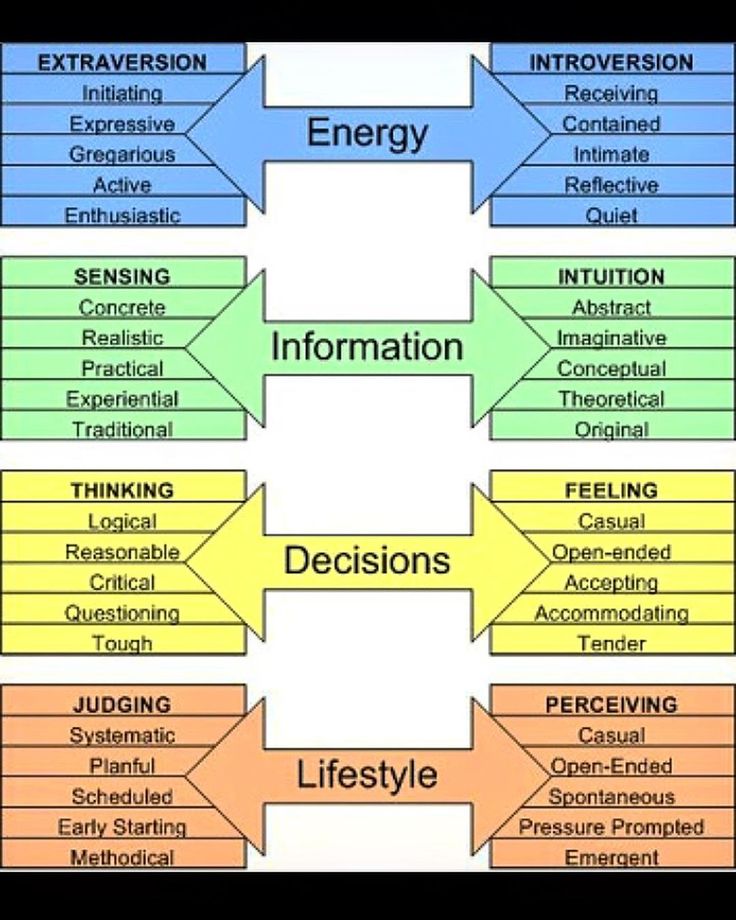 Gotta have something to have fun with.
Gotta have something to have fun with.
Extraversion [E] (4%) Introversion [I] (96%)
Feeling [S] (30%) Intuition [N] (70%)
Thinking [T] (35%) Feeling [F] (65 %)
Solution [J] (4%) Perception [P] (96%)
According to the MBTI test, your psychological type is: INFP.
Silent, closed and kind; very passionate, sensitive and easily vulnerable; loving and devoted with those whom they have known for a long time; creative, original, curious, imaginative; nonconformal. Thoughtful and idealistic. They have well-developed value systems that they try to live by. Extremely true. The dominant value in the life of an INFP is a deep sense of caring and idealism towards people. Typically, they show this strong concern in relationships with other people, but they can also show it in relation to ideas, projects, and in general any thing that seems important to them. They often have excellent communication skills and are easily drawn to ideas that spark an interest in human potential.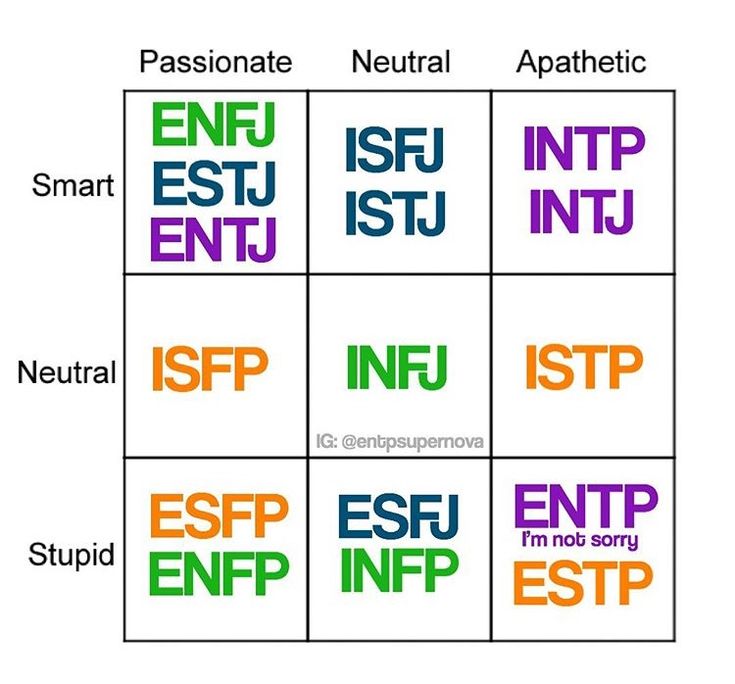 They live in an inner world of values and ideals, but the first thing people notice about them is their adaptability and interest in opportunities.
They live in an inner world of values and ideals, but the first thing people notice about them is their adaptability and interest in opportunities.
Function preference order:
Dominant - Introverted Feeling
Auxiliary - Extraverted Intuition
Third - Introverted Sensing
Subordinate - Extraverted Thinking
Their goal is to find the meaning of life. What is their purpose and how best can they keep humanity in their lives? They are idealists and perfectionists who strive hard to achieve their goals.
INFPs are extremely intuitive about people. They rely heavily on their intuition and follow it, using their discoveries to continually search for the value of life. They are constantly searching for the truth and meaning behind things. Every event and piece of knowledge is tested by the INFP's value system and evaluated for its potential to help the INFP define or improve its own behavior. In the end, the goal is always the same - to help people and make this world a better place.
Generally, INFPs are caring and considerate individuals who are good listeners and are at ease with people. They may be stingy in expressing emotions, but despite this they are very deeply attentive and genuinely interested in understanding people. This sincerity is felt by others and makes INFP a valuable friend who can be trusted with any secrets. The INFP may be warm to people he or she knows well.
INFPs do not like conflict and will go to great lengths to avoid it. If INFPs do encounter them, it is always from the standpoint of their own feelings. In conflict situations, INFPs do not attach much importance to who is right and who is wrong. They don't care if they are right, because they are guided by their feelings. They do not want to feel bad, which sometimes makes them look absurd in such situations. On the other hand, INFPs are very good mediators who are usually benevolent in resolving conflicts, they are able to intuitively understand the feelings of a person who they sincerely want to help.
INFPs are compliant and calm as long as their values are not violated. If something threatens the system of values, INFPs become aggressive defenders, firmly defending the opinion. The job or project that INFPs are interested in becomes a "life's work". They are not focused on the study of details and details, in working on the “work of life” they will with determination and force protect themselves from any possible detail.
When it comes to day-to-day things, INFPs tend to be completely unadapted. Enthusiastic about their work, they may not notice the stains on the carpet for a long time, but carefully blow off the dust particles from the booklet of their project.
INFPs don't like hard facts and logic. They are oriented towards their feelings, so it is difficult for them to look at things objectively. They do not believe in objective thinking and do not understand its value, so they are rather inefficient in using this kind of thinking. Most INFPs avoid objective analysis, although some develop this ability and become quite logical.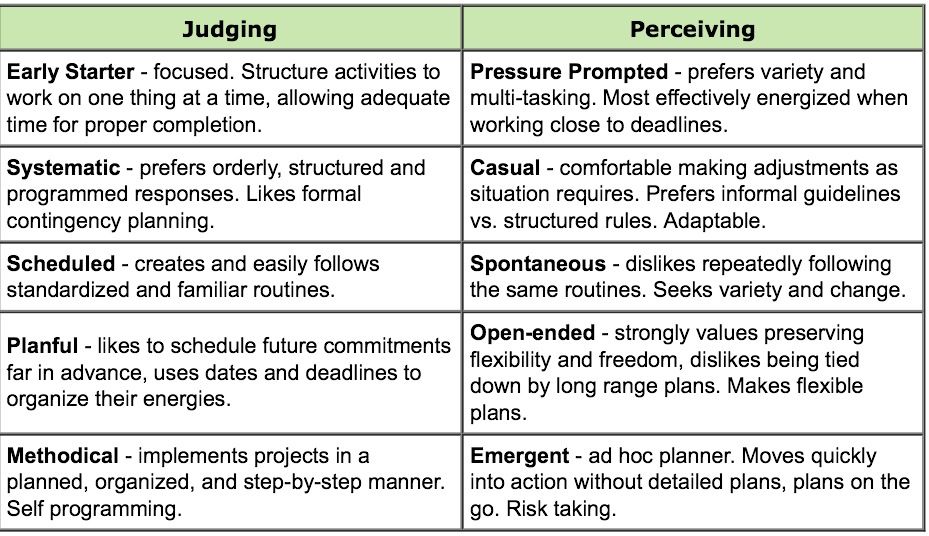 In stressful situations, INFPs tend to forget about strict logic, sloppily throwing facts one after another in a fit of anger.
In stressful situations, INFPs tend to forget about strict logic, sloppily throwing facts one after another in a fit of anger.
INFPs have high standards and strive for excellence. They are usually demanding of themselves and do not leave themselves an extra chance. INFPs may have trouble working on a project as a team because their standards are higher than the rest of the group. In collective situations, they may have "control" problems. The INFP needs to work to reconcile its high ideals with the conditions of everyday life. Without resolving this conflict, they will never be satisfied with themselves, because they may become confused and not know what to do with their lives.
INFPs tend to be talented writers. It is difficult and uncomfortable for them to express themselves orally, but they have an excellent ability to express their feelings on paper. INFPs often choose social professions (consultant, teacher). They feel best in a position where they have the opportunity to work for the good of society, and where they rarely have to use clear logic.
If the INFP works hard on his strengths, he/she will achieve amazing success. Many of the great scientists who made the greatest discoveries in the humanities were INFPs.
What is Success for INFP?
INFPs are creative and sensitive individuals who take their lives very seriously. They strive for harmony and authenticity of relationships with the people around them. Above all, they value spirituality, creativity and respect for individuality. They are opposed to partiality and injustice towards people and get great satisfaction from the suppression of such lawlessness. INFPs are perfectionists who rarely allow themselves to feel successful, but they are very deeply aware of their mistakes. In addition, INFPs derive great satisfaction from being in direct contact with their own creativity. For the INFP, personal success depends on the state of intimate relationships, the development of creativity, the constant defense of humanity through helping people in need, their own fight against injustice, or in some other way making the world a better place.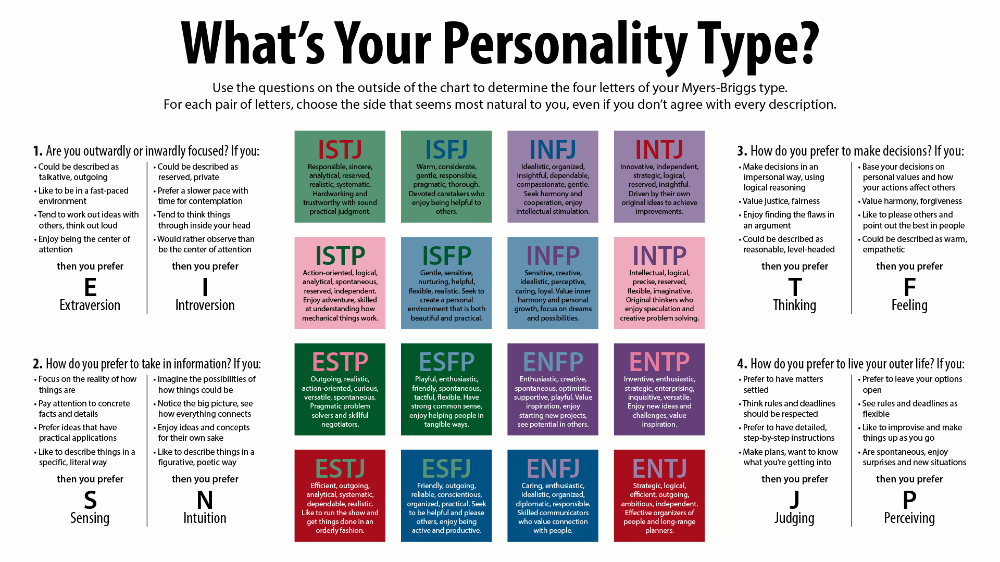
Let Your Virtues Flourish
You are an INFP and are gifted with abilities that are not natural to other types. By becoming aware of these abilities and supporting their growth and development, you will more clearly see your place in the world and enjoy your role more.
Almost all INFPs recognize the following characteristics in themselves. They should use and develop these virtues.
· Extremely creative, imaginative and spiritual, they can create amazing works of art, music and literature. INFPs are real creators. They find deep satisfaction in maintaining and developing their creative abilities. This does not mean that INFPs have to be famous writers or artists to be satisfied. Simply the act of "creation" for the INFP is a source of renewal and restoration. INFPs need to give vent to creativity that will add color and positive vitality to their lives.
· They understand souls better than most people and feel their own soul more clearly. Most INFPs have a strong religious faith.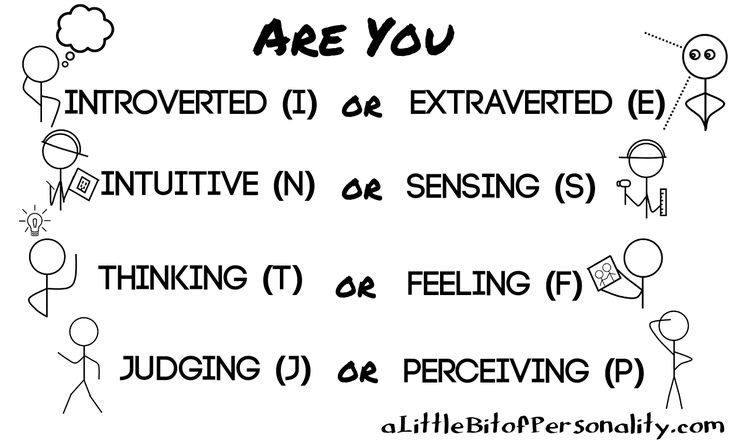 Those of them who do not believe may feel that they are missing something important. INFPs need to maintain their faith.
Those of them who do not believe may feel that they are missing something important. INFPs need to maintain their faith.
· They are aware of social injustice and empathize with outsiders. Their empathy for the underdog and hyper-awareness of social injustice make them extremely compassionate and caring towards the needy members of our society. INFPs feel most useful and fulfilled when they help people who have failed in our society. They may be teachers, ministers, writers, lawyers or psychologists, but they will be more willing to try to help people in their spare time. INFPs can find great satisfaction in bringing about some social change that helps outsiders.
· They tend to be attentive listeners who sincerely want to listen to the problems of others and sincerely help them. This makes them excellent consultants and good friends. INFPs can derive great satisfaction from volunteering as a consultant.
· They accept and value individuality in people and are ardent defenders of the equality of people.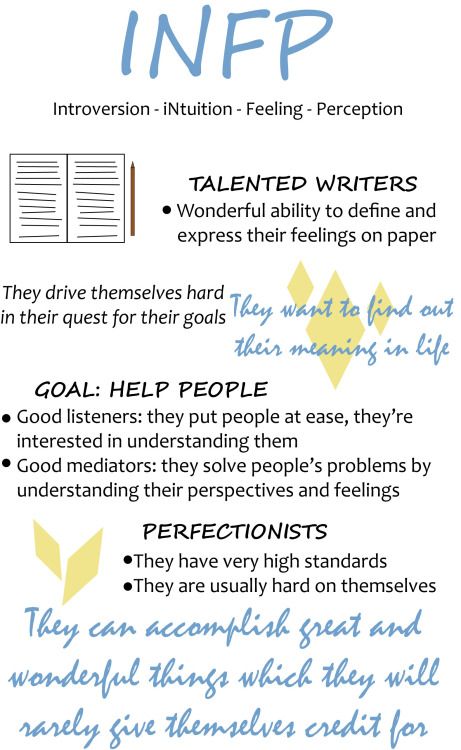 They believe that a person has the right to be himself without careful examination of his relations with others and prospects. Accordingly, they show great tolerance and tolerance in dealing with people who can receive sharp condemnation from society. They can see something positive in everyone. They believe in individuality. If they choose, they can become a necessary source of self-esteem and confidence for people who cannot find it on their own. Thus, they can cure the "sick soul".
They believe that a person has the right to be himself without careful examination of his relations with others and prospects. Accordingly, they show great tolerance and tolerance in dealing with people who can receive sharp condemnation from society. They can see something positive in everyone. They believe in individuality. If they choose, they can become a necessary source of self-esteem and confidence for people who cannot find it on their own. Thus, they can cure the "sick soul".
· Usually deep and quick-witted, they are able to grasp complex concepts with relative ease. They generally perform very well academically and find that education supports their intelligence and the important need to think deeply.
INFPs who develop Extraverted Intuition to the point where they can perceive the world around them objectively will soon find themselves enjoying the following abilities:
· Seeing through people's characters very well. Quickly and carefully understand what kind of person is in front of them, assessing his motives and feelings.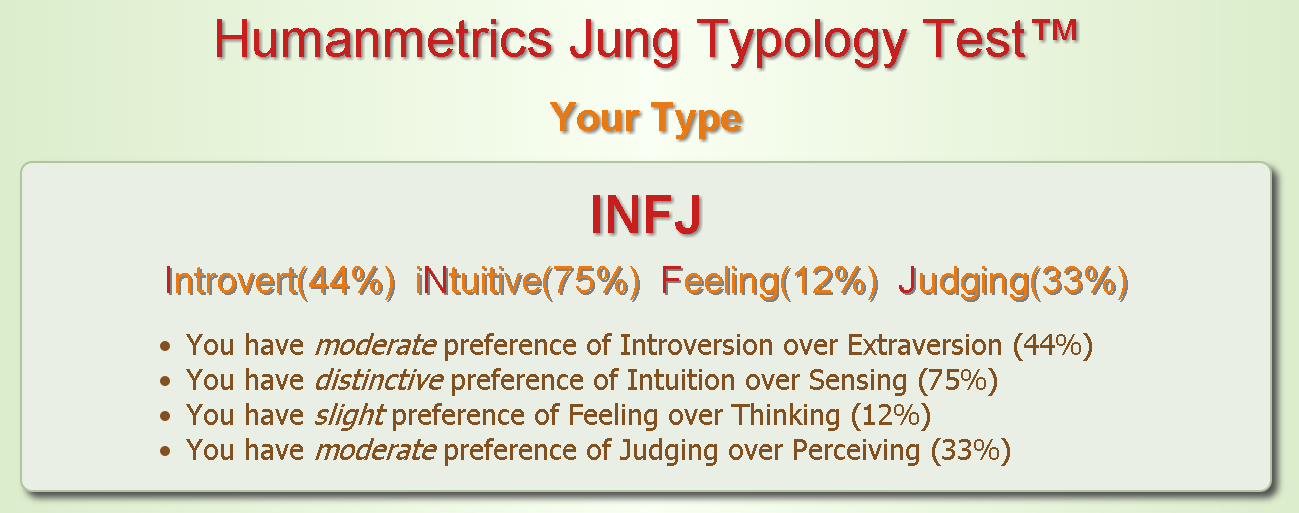 Such well-developed INFPs can become outstanding psychologists (like Isabelle Briggs Myers herself) and lawyers. They can also become great fiction writers because they are able to develop very complex and realistic characters.
Such well-developed INFPs can become outstanding psychologists (like Isabelle Briggs Myers herself) and lawyers. They can also become great fiction writers because they are able to develop very complex and realistic characters.
· Quickly understand different situations and grasp new concepts quickly. They will be convinced that they are able to cope with everything they take on, but they may not find satisfaction in this. Things seem to come easy with such INFPs. Although they are able to cope with many different kinds of tasks and situations, they will become especially happy if they are doing something truly important for themselves. Although they may find that they can succeed relatively easily in the conventional sense, they generally do not find happiness along the way unless they live with all authenticity and depth.
· INFPs who develop their strong internal value system (Introverted Sense), with a well-developed intuitive way of perceiving the world (Extroverted Intuition), can contribute to a powerful impetus for social change.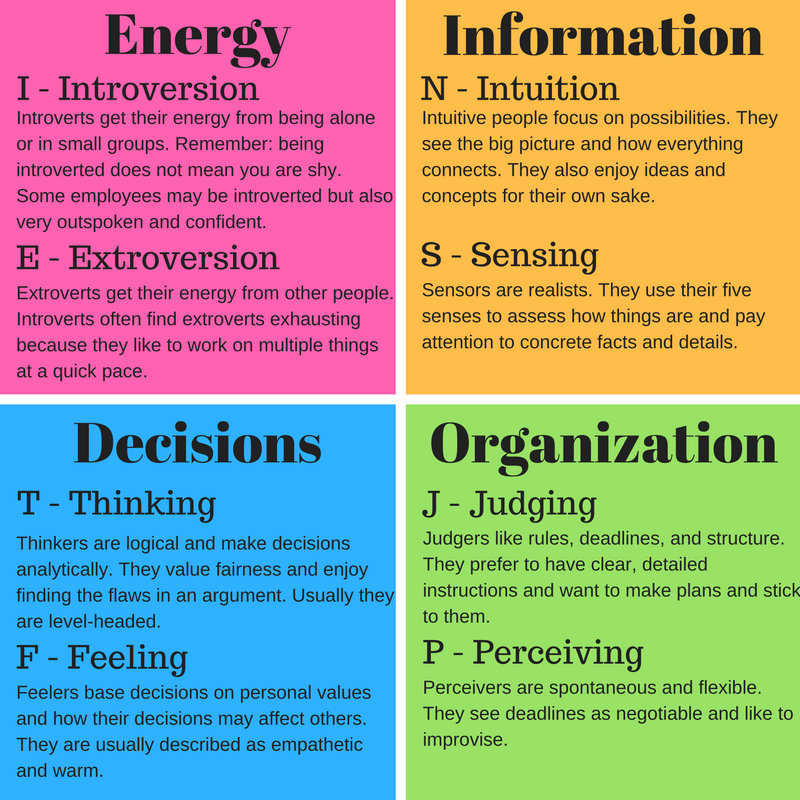 Their strong values and deep empathy for the less privileged, together with a true, deep and insightful understanding of the world in which we live, create a person who can change this world (like Mother Teresa - INFP).
Their strong values and deep empathy for the less privileged, together with a true, deep and insightful understanding of the world in which we live, create a person who can change this world (like Mother Teresa - INFP).
Areas of potential problems
With every strength, there are weaknesses. Without "bad" there will be no "good". Without "difficult" there will be no "easy". We appreciate our strengths, but often curse and ignore our weaknesses. To grow as a person and get what we need from life, we must not only capitalize on our strengths, but also face our shortcomings and deal with them. This means that we must take a hard look at the areas of potential problems of our personality type.
INFPs are extraordinary, quick-witted, creative individuals with many special abilities. Let INFPs keep the many positive things about their personality type in mind when reading the following negative content. Also remember that the disadvantages associated with the psychological type of INFP are natural.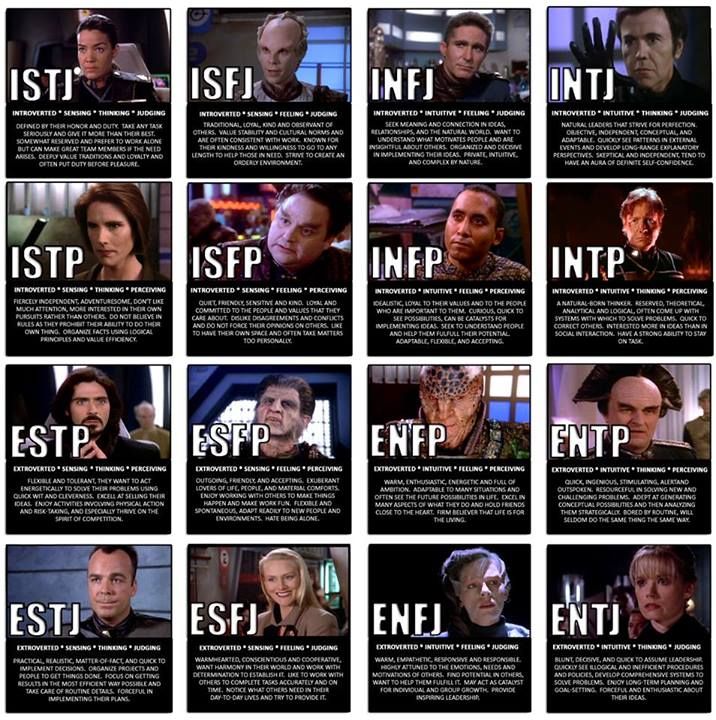 It can be painful to read about your own shortcomings, but please remember that we are providing this information to bring about positive change. We want people to grow up to their full potential and live happily and successfully.
It can be painful to read about your own shortcomings, but please remember that we are providing this information to bring about positive change. We want people to grow up to their full potential and live happily and successfully.
Most of the weak qualities of INFPs are a consequence of the dominance of the Feeling function in their psychological type. When the dominant function, Introverted Feeling, overrides everything else, INFPs stop using Extraverted Intuition to obtain objective information. In this case, the INFP may exhibit some or all of the following faults:
· May be extremely susceptible to any criticism.
· Can see criticism when it is not meant at all.
May have distorted or unrealistic ideas about the real world.
· May not acknowledge or hear anything that goes against their personal ideas or opinions.
· Can blame others for their own problems, feeling like a victim being treated unfairly.
· Can become irritated and show their anger with a reckless outpouring of negative feelings.
· May not be aware of appropriate social behavior.
· May neglect their own appearance or appropriate clothing.
· May appear eccentric or even strange without realizing it.
· May not see or understand someone else's point of view.
· Can value their beliefs and feelings much more than others.
· May not be aware of how their behavior affects others.
· May be oblivious to the needs of others.
· Can be overwhelmed by stress or tension when someone expresses their disagreement or disapproval.
· Can make strong judgments that are difficult to apply to people they perceive as oppressive or holding them back.
· In times of great stress, details that are not important to the big picture can be haunted.
· Under stress, can obsessively and repeatedly think about problems.
· May have unreasonably high demands on others.
· May have difficulty maintaining close relationships due to unreasonable expectations.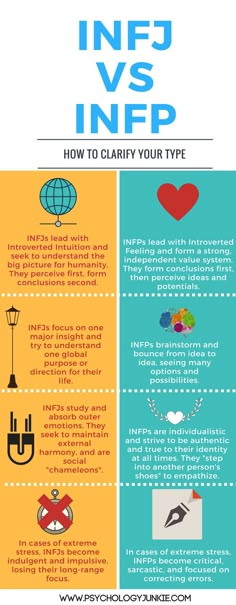
Explaining the problems
Almost all of the problematic qualities described above can be attributed to the INFP's general problem of admitting only those facts that justify their own opinion. INFPs are usually very deep and sensitive people who feel seriously threatened by criticism. They tend to take any opinion other than their own as a criticism of their own point of view. If INFPs don't learn how to properly handle perceived criticism, they will stop admitting information that hurts them. This is a natural way for the INFP psychological type to survive. The main driving force behind the INFP is Introverted Feeling, the purpose of which is to uphold and honor one's solid system of values and morals. When an INFP's own value system is threatened by outside influences, INFPs do not allow threatening information to enter in order to properly protect and honor their own value system. It is quite natural and works well when it protects the soul from being hurt. However, INFPs who constantly use such a defense may become less and less aware of the perspectives of others, and therefore more and more separate themselves from a true understanding of the world in which they live. They will constantly find excuses for their inappropriate behavior and find the cause of their problems in the outside world. It will be extremely difficult for them to maintain close relationships, because they will unreasonably expect something and will not be able to adequately perceive reproaches.
They will constantly find excuses for their inappropriate behavior and find the cause of their problems in the outside world. It will be extremely difficult for them to maintain close relationships, because they will unreasonably expect something and will not be able to adequately perceive reproaches.
INFPs tend to primarily perceive information from the outside world that can support their ideas and values. But if this trend is given free rein, the INFP personality type will become too self-centered to be happy and successful. Since the main function of their psychological type is Introverted Feeling, they must balance it with an auxiliary function - Extraverted Intuition. INFPs perceive information through Extraverted Intuition - this is also part of the main way of interacting with the outside world. If INFPs use Extraverted Intuition only to support the intentions of Introverted Feeling, then Extraversion will not be used effectively at all. As a result of this, INFPs will not take in enough information from the outside world to understand what is going on. They will see nothing but their own point of view and will interact with the outside world only as long as they need information that supports their own opinion. Such individuals are usually selfish and unrealistic. Depending on the severity of the problem, they can manifest themselves in anything from slightly eccentric behavior to aloof. Often others are not able to understand them and communicate with them.
They will see nothing but their own point of view and will interact with the outside world only as long as they need information that supports their own opinion. Such individuals are usually selfish and unrealistic. Depending on the severity of the problem, they can manifest themselves in anything from slightly eccentric behavior to aloof. Often others are not able to understand them and communicate with them.
Solutions
To become an individual, INFPs need to focus on realizing their own perspectives and putting together the most accurate picture of what is really going on in the world. In order to be able to perceive and consider information that does not directly correspond to their value systems, INFPs need to realize that their value systems are not threatened by any new information. INFPs must consciously tell themselves that an opinion that does not match their own is not an accusation against them.
INFPs interested in personal growth should pay attention to the motivation for taking information into account. Do they take in information to better understand a situation or concept, or do they only take in information to support a personal idea or cause? At the time of perceiving something, are INFPs interested in distorting what they perceive in such a way that it fits their value system, or are they interested in objective perception of information? In order to achieve a better understanding of the external world, INFPs must first try to perceive information objectively, and then adapt it to their own value system. They need to be aware of their tendency to reject anything that does not fit their value systems and work to overcome it. They should try to see the situation through the eyes of others, without making personal decisions about it. In general, they must train their Intuition in a true Extraverted way. In other words, they must use Intuition to perceive information about the world around them for a better and complete understanding, and not accept information in order to draw their own conclusions.
Do they take in information to better understand a situation or concept, or do they only take in information to support a personal idea or cause? At the time of perceiving something, are INFPs interested in distorting what they perceive in such a way that it fits their value system, or are they interested in objective perception of information? In order to achieve a better understanding of the external world, INFPs must first try to perceive information objectively, and then adapt it to their own value system. They need to be aware of their tendency to reject anything that does not fit their value systems and work to overcome it. They should try to see the situation through the eyes of others, without making personal decisions about it. In general, they must train their Intuition in a true Extraverted way. In other words, they must use Intuition to perceive information about the world around them for a better and complete understanding, and not accept information in order to draw their own conclusions. INFPs who see things objectively can be a very powerful force for positive change.
INFPs who see things objectively can be a very powerful force for positive change.
Happy INFP life in our world
Some INFPs have difficulty adjusting to our society. The consequences of this problem are a lack of understanding of appropriate social behavior, a lack of understanding of how to behave with others, or an unrealistic expectation of something from others. All three problems result from the use of Extraverted Intuition in a primitive form. INFPs who take in information for the sake of truly understanding the world around them, and not just to support their own ideas, will have a clearer, more objective understanding of how society evaluates behavior and attitudes. INFPs also need to be more aware of how they are perceived by others, and they must make more realistic demands of the behavior of others in relationships. Such balanced INFPs successfully adapt to our society.
If you really don't understand the theory of psychological types and the nuances of various psychological functions, it is very difficult to suddenly start applying Intuition in an Extraverted direction.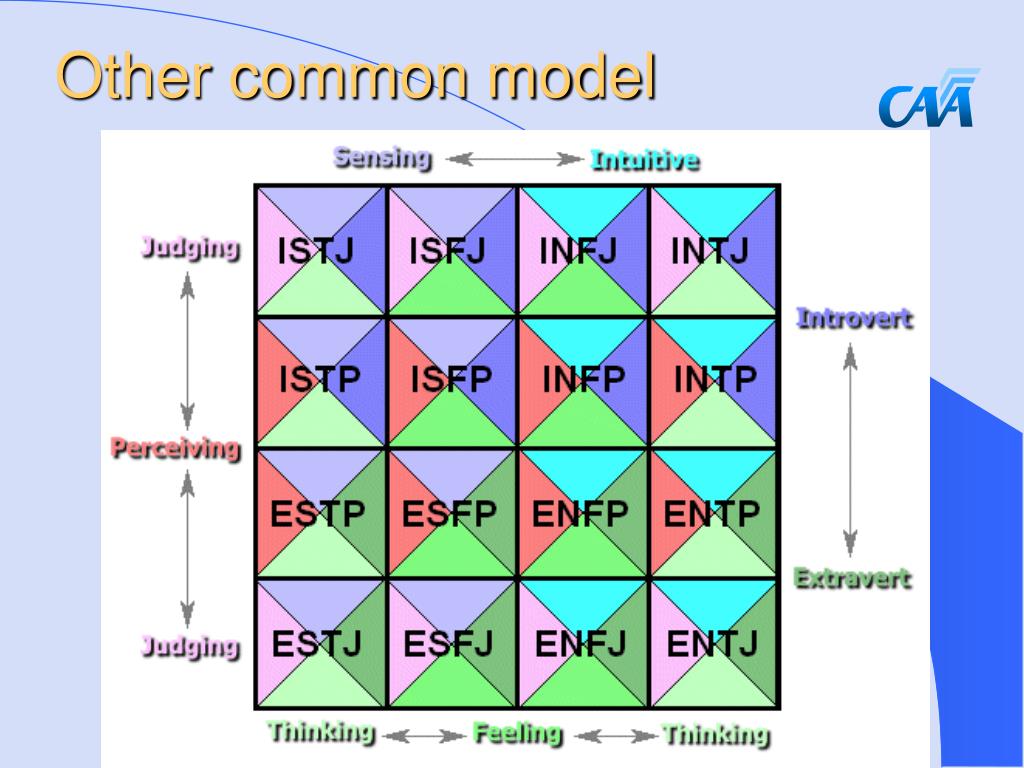 It is difficult even to understand what it means, even more difficult to include it in the defining direction of your life. Following from this, here are some specific suggestions that can help you start training Extraverted Intuition more thoroughly:
It is difficult even to understand what it means, even more difficult to include it in the defining direction of your life. Following from this, here are some specific suggestions that can help you start training Extraverted Intuition more thoroughly:
· Try to notice how people look in different social situations. Look at their hair, skin, makeup (or lack of it), the state of their clothes, shoes, facial expressions. Don't compare others to your appearance and don't make judgments about their appearance, just take in the information.
· Think about a situation in your life where you don't know exactly how to act. Don't try to figure out how one or the other person will see the situation. Don't compare their behavior to your own, such as "she knows best what to do" or "why it's so easy for her and so hard for me." Better try to understand how they see the situation. Will the situation become a problem or an opportunity? Should it be taken seriously or spontaneously? Try to determine the point of view of a friend or relative by talking to them, without making decisions or comparing with your own opinion.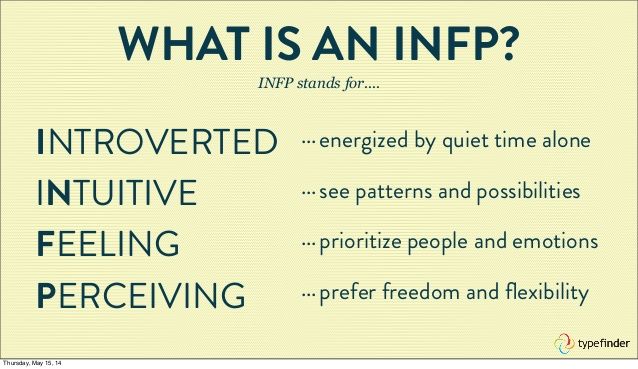
· When talking to a friend or relative, spend at least half of your time talking about the other person. Concentrate on really understanding how the person came to their conclusions. Ask questions.
· Think of people close to you. As you think of the person, say to yourself, "This person has a lifestyle that is more in line with his lifestyle than mine." Remember, this does not mean that they do not pay attention to you. It's okay. Try to mentally imagine what this person is doing at the moment. What things he encounters, what thoughts come to him. Don't make decisions and don't compare yourself.
· Try to identify the personality type of everyone with whom you communicate, regardless of the duration of communication.
Carl Jung's Description
Introverted Feeling
Introverted feeling is basically determined by the subjective factor. For a judgment created by feeling, this makes the difference from extraverted feeling as essential as the difference between introversion of thinking and extraversion.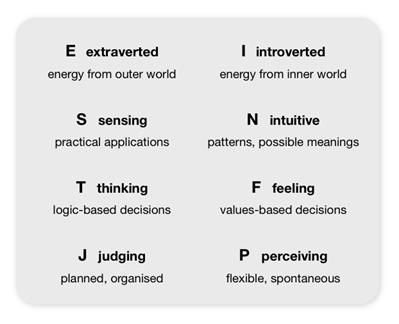 Undoubtedly, it is a very difficult task to represent intellectually the introverted process of feeling, or give even an approximate description of it, although the peculiar essence of this feeling is certainly striking, if only one notices it at all. Since this feeling is mainly subject to subjective preconditions and is concerned with the object only in the background, it comes to light much less and usually in such a way that it causes misunderstandings. It is a feeling which seems to devalue objects and therefore in most cases declares itself in a negative sense. The existence of a positive feeling can, so to speak, be only indirectly guessed at. Introverted feeling tries not to adapt itself to the objective, but to place itself above it, for which it unconsciously tries to realize the images lying in it. Therefore, it is constantly looking for an image that does not actually occur, which, to a certain extent, it has seen before. It glides, as it were, without attention over objects that never correspond to its purpose.
Undoubtedly, it is a very difficult task to represent intellectually the introverted process of feeling, or give even an approximate description of it, although the peculiar essence of this feeling is certainly striking, if only one notices it at all. Since this feeling is mainly subject to subjective preconditions and is concerned with the object only in the background, it comes to light much less and usually in such a way that it causes misunderstandings. It is a feeling which seems to devalue objects and therefore in most cases declares itself in a negative sense. The existence of a positive feeling can, so to speak, be only indirectly guessed at. Introverted feeling tries not to adapt itself to the objective, but to place itself above it, for which it unconsciously tries to realize the images lying in it. Therefore, it is constantly looking for an image that does not actually occur, which, to a certain extent, it has seen before. It glides, as it were, without attention over objects that never correspond to its purpose.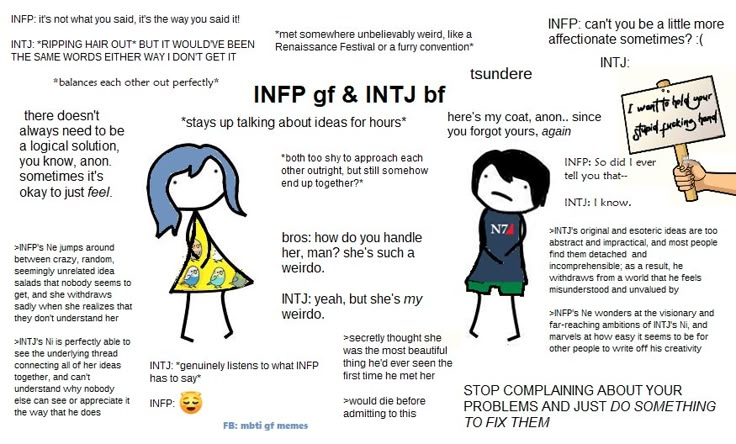 It tends to an inner intensity for which the objects, at the most, give some impetus. The depth of this feeling can only be foreseen, but it cannot be clearly comprehended. It makes people silent and difficult to reach, for it, like a mimosa, curls up from the coarseness of the object in order to feel the innermost depths of the subject. For defense, it advances negative judgments of feeling or striking indifference.
It tends to an inner intensity for which the objects, at the most, give some impetus. The depth of this feeling can only be foreseen, but it cannot be clearly comprehended. It makes people silent and difficult to reach, for it, like a mimosa, curls up from the coarseness of the object in order to feel the innermost depths of the subject. For defense, it advances negative judgments of feeling or striking indifference.
Primordial images are known to be just as much ideas as they are feelings. Therefore, such fundamental ideas as God, freedom and immortality have as much the value of feeling as the meaning of the idea. In accordance with this, everything that has been said about introverted thinking could be transferred to introverted feeling, only that everything that is thought there is felt here. But the fact that thoughts, as a general rule, can be expressed more clearly than feelings, determines that with such feelings, an extraordinary verbal or artistic ability of expression is needed already in order to at least approximately depict or convey their richness.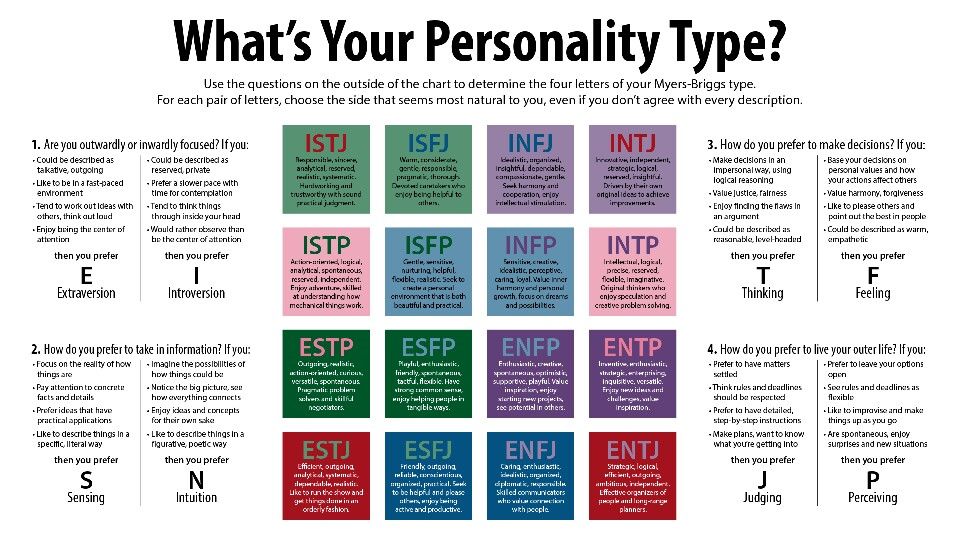 If introverted subjective thinking, due to its unrelatedness, is only with difficulty capable of awakening adequate understanding, then subjective feeling is even less capable of this. In order to convey itself to others, it must find an external form capable, on the one hand, of apprehending the subjective feeling in an appropriate way and, on the other hand, of transmitting it to its neighbor in such a way that a parallel process arises in it. Due to the relatively large internal (as well as external) similarity between people, such an effect can be carried out, although it can be extremely difficult to find a form suitable for feeling as long as feeling is guided mainly by the treasury of original images. If it is distorted by egocentrism, then it becomes unsympathetic, because in this case it is mainly concerned only with its own ego. Then it will certainly evoke the impression of sentimental self-love, interest and even painful self-admiration. Just as the subjectivized consciousness of an introverted thinker strives for the abstraction of abstractions and thus only reaches the highest intensity of an essentially empty thought process, so the egocentric feeling deepens into an empty passion that feels only itself.
If introverted subjective thinking, due to its unrelatedness, is only with difficulty capable of awakening adequate understanding, then subjective feeling is even less capable of this. In order to convey itself to others, it must find an external form capable, on the one hand, of apprehending the subjective feeling in an appropriate way and, on the other hand, of transmitting it to its neighbor in such a way that a parallel process arises in it. Due to the relatively large internal (as well as external) similarity between people, such an effect can be carried out, although it can be extremely difficult to find a form suitable for feeling as long as feeling is guided mainly by the treasury of original images. If it is distorted by egocentrism, then it becomes unsympathetic, because in this case it is mainly concerned only with its own ego. Then it will certainly evoke the impression of sentimental self-love, interest and even painful self-admiration. Just as the subjectivized consciousness of an introverted thinker strives for the abstraction of abstractions and thus only reaches the highest intensity of an essentially empty thought process, so the egocentric feeling deepens into an empty passion that feels only itself.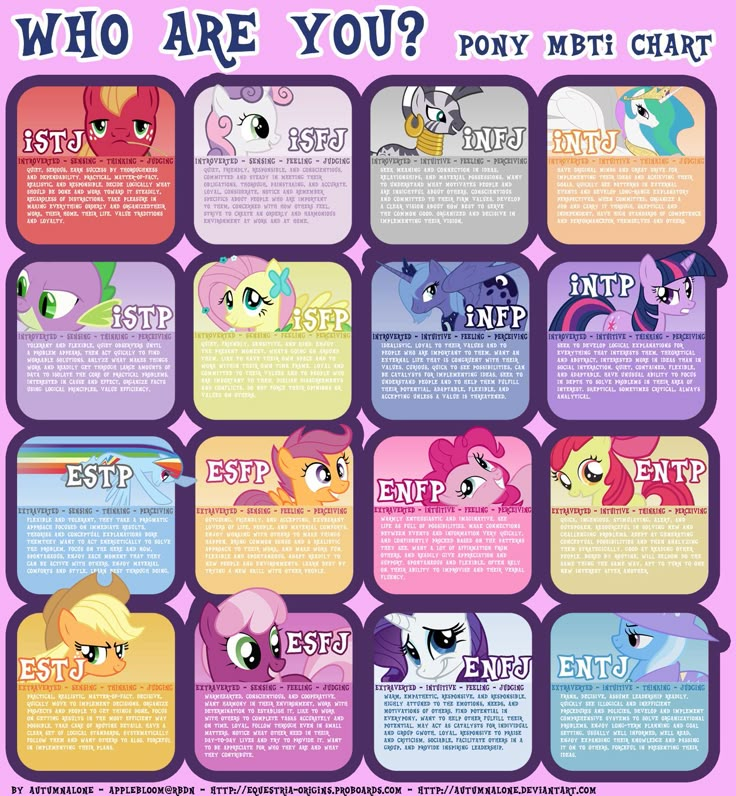 This step is mystical-ecstatic; it prepares the transition to extraverted functions which have been repressed by feeling. Just as introverted thinking is opposed by primitive feeling, on which objects are imposed with magical force, so introverted feeling is opposed by primitive thinking, which, in the sense of concreteness and slavish dependence on facts, has no analogue. Feeling is progressively emancipated from the relation to the object and creates for itself only a subjectively bound freedom of action and conscience, which sometimes renounces everything traditional. Unconscious thinking, on the other hand, falls all the more under the control of the objective.
This step is mystical-ecstatic; it prepares the transition to extraverted functions which have been repressed by feeling. Just as introverted thinking is opposed by primitive feeling, on which objects are imposed with magical force, so introverted feeling is opposed by primitive thinking, which, in the sense of concreteness and slavish dependence on facts, has no analogue. Feeling is progressively emancipated from the relation to the object and creates for itself only a subjectively bound freedom of action and conscience, which sometimes renounces everything traditional. Unconscious thinking, on the other hand, falls all the more under the control of the objective.
Introverted feeling type
I have seen the primacy of introverted feeling mainly in women. The adage "Still waters are deep" applies to these women. In most cases, they are silent, hard to reach, incomprehensible, often hidden under a childish or banal mask, often also distinguished by a melancholic temperament.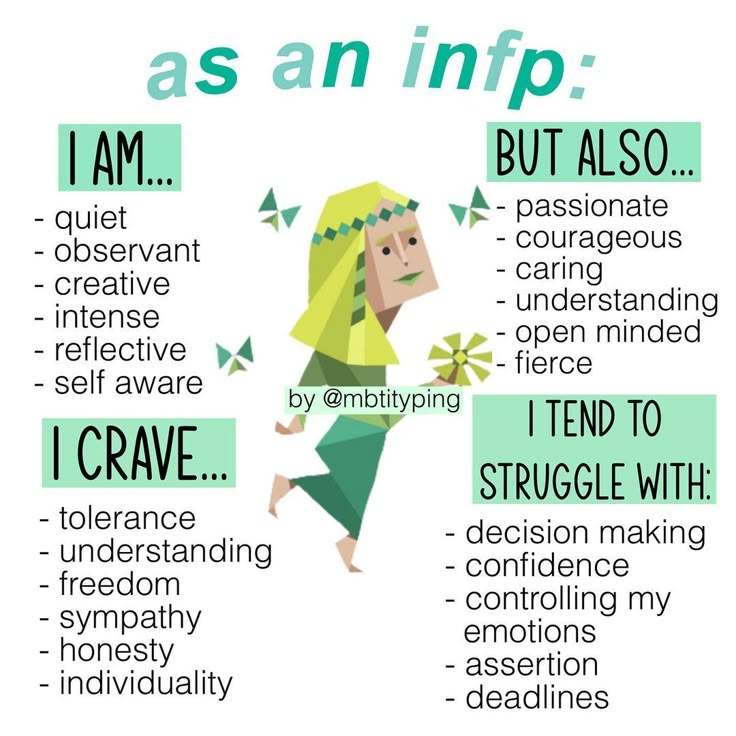 They do not shine and do not protrude. Since they predominantly give themselves to the guidance of their subjective oriented feeling, their true motives in most cases remain hidden. Outwardly, they show a harmonic obscurity, a pleasant calmness, a sympathetic parallelism that does not seek to provoke the other, to impress him, to remake him or change him. If this external side is expressed somewhat brighter, then there is a slight suspicion of indifference or coldness, which can reach a suspicion of indifference to the joys and sorrows of others. Then the movement of the feeling moving away from the object is clearly felt. With a normal type, this is true, but only when the object acts too strongly in some way. Therefore, harmonic accompaniment by feeling on the part of this type takes place only as long as the object, being in the middle tones of feeling, follows its own path and does not try to cross its paths. This type does not follow the real emotions of the object, it suppresses them and rejects them, or, better to say, "cools" them with a negative judgment of feeling.
They do not shine and do not protrude. Since they predominantly give themselves to the guidance of their subjective oriented feeling, their true motives in most cases remain hidden. Outwardly, they show a harmonic obscurity, a pleasant calmness, a sympathetic parallelism that does not seek to provoke the other, to impress him, to remake him or change him. If this external side is expressed somewhat brighter, then there is a slight suspicion of indifference or coldness, which can reach a suspicion of indifference to the joys and sorrows of others. Then the movement of the feeling moving away from the object is clearly felt. With a normal type, this is true, but only when the object acts too strongly in some way. Therefore, harmonic accompaniment by feeling on the part of this type takes place only as long as the object, being in the middle tones of feeling, follows its own path and does not try to cross its paths. This type does not follow the real emotions of the object, it suppresses them and rejects them, or, better to say, "cools" them with a negative judgment of feeling. Although there is a constant readiness to calmly and harmoniously go hand in hand, nevertheless, neither courtesy nor warm courtesy is revealed towards the object, but an attitude is manifested that seems indifferent: a cold, sometimes even rejecting address. Sometimes the object begins to feel that its entire existence is superfluous. In relation to any impulse or manifestation of enthusiasm, this type first shows a benevolent neutrality, sometimes with a touch of superiority and criticism, from which the wings of the sensitive object easily drop. An assertive emotion, on the other hand, can sometimes be sharply and deadly coldly reflected, unless it accidentally captures the individual from the side of the unconscious, that is, in other words, does not revive some original image colored by feeling and thereby fills the feeling of this type. When such a case occurs, a woman of this type immediately experiences a simple paralysis, against which later on an all the stronger resistance will certainly rise up, and this resistance will hit the object in its most vulnerable place.
Although there is a constant readiness to calmly and harmoniously go hand in hand, nevertheless, neither courtesy nor warm courtesy is revealed towards the object, but an attitude is manifested that seems indifferent: a cold, sometimes even rejecting address. Sometimes the object begins to feel that its entire existence is superfluous. In relation to any impulse or manifestation of enthusiasm, this type first shows a benevolent neutrality, sometimes with a touch of superiority and criticism, from which the wings of the sensitive object easily drop. An assertive emotion, on the other hand, can sometimes be sharply and deadly coldly reflected, unless it accidentally captures the individual from the side of the unconscious, that is, in other words, does not revive some original image colored by feeling and thereby fills the feeling of this type. When such a case occurs, a woman of this type immediately experiences a simple paralysis, against which later on an all the stronger resistance will certainly rise up, and this resistance will hit the object in its most vulnerable place. The relationship to the object is maintained as far as possible in calm and safe middle tones of feelings, with a stubborn and strict avoidance of passion and its immensity. Therefore, the expression of feeling remains scarce and the object feels underestimated for a long time, if he is aware of this. This, it is true, is not always the case, for the deficiency very often remains unconscious; however, over time, due to the unconscious demand of feeling, he develops symptoms that force increased attention to himself.
The relationship to the object is maintained as far as possible in calm and safe middle tones of feelings, with a stubborn and strict avoidance of passion and its immensity. Therefore, the expression of feeling remains scarce and the object feels underestimated for a long time, if he is aware of this. This, it is true, is not always the case, for the deficiency very often remains unconscious; however, over time, due to the unconscious demand of feeling, he develops symptoms that force increased attention to himself.
Since this type in most cases seems cold and reserved, a superficial judgment easily denies any feeling in him. But this is fundamentally false, because feelings, although extensive, are intense. They develop in depth. While, for example, an extensive feeling of compassion is found in the appropriate place in words and actions and is quickly able to free itself from this impression again, intense compassion closes up and refrains from all expression and thus acquires a passionate depth that contains all the suffering of the individual. world and freezes in it. With excessive compassion, it is perhaps capable of breaking through and leading to an amazing act, which will have, so to speak, a heroic character, but to which neither the object nor the subject will be able to find the right attitude. Outwardly, and to the blind eye of an extraverted person, such compassion seems cold, because it does not produce anything visible, and the extraverted consciousness is not able to believe in invisible forces. Such a misunderstanding is a characteristic event in the life of this type and is usually recorded as an important argument indicating his lack of any deeper feeling relationship to the object. But what the true object of this feeling consists in, even to a normal type, this is given only in the form of a presentiment. He expresses his goal and his content before himself, perhaps in a secret and timidly guarded from the eyes of the profane religiosity, or in poetic forms, which he just as carefully guards against unexpected intrusion, not without secret ambition, striving in this way to establish superiority over object.
world and freezes in it. With excessive compassion, it is perhaps capable of breaking through and leading to an amazing act, which will have, so to speak, a heroic character, but to which neither the object nor the subject will be able to find the right attitude. Outwardly, and to the blind eye of an extraverted person, such compassion seems cold, because it does not produce anything visible, and the extraverted consciousness is not able to believe in invisible forces. Such a misunderstanding is a characteristic event in the life of this type and is usually recorded as an important argument indicating his lack of any deeper feeling relationship to the object. But what the true object of this feeling consists in, even to a normal type, this is given only in the form of a presentiment. He expresses his goal and his content before himself, perhaps in a secret and timidly guarded from the eyes of the profane religiosity, or in poetic forms, which he just as carefully guards against unexpected intrusion, not without secret ambition, striving in this way to establish superiority over object.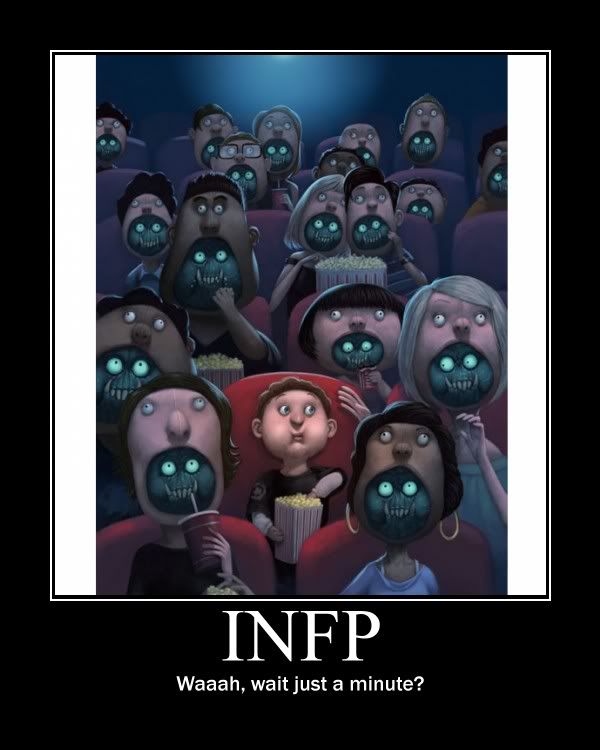 Women who have children put a lot of this into them, secretly inspiring them with their passion.
Women who have children put a lot of this into them, secretly inspiring them with their passion.
Although in the normal type the tendency indicated to have the secretly felt once openly and openly placed above the object or forcibly imposed on it does not play a harmful role and never leads to a serious attempt in this direction, however, some of this nevertheless seeps into a personal influence on the object in the form of some, often difficult to determine, dominant influence. It is felt, for example, as an oppressive or suffocating feeling that imposes some kind of chains on others. Thanks to this, this type acquires a certain mysterious power, which is able to fascinate the extraverted man in the highest degree, because it affects his unconscious. This force comes from the emotional, unconscious images, but is easily applied by consciousness to the ego, as a result of which this influence is misinterpreted in the sense of personal tyranny. But if the unconscious subject is identified with the ego, then the mysterious force of intense feeling turns into a banal and pretentious lust for power, vanity and tyrannical coercion. Then a type of woman is formed, known in an unfavorable sense for her shameless ambition and insidious cruelty. However, such a turn leads to neurosis.
Then a type of woman is formed, known in an unfavorable sense for her shameless ambition and insidious cruelty. However, such a turn leads to neurosis.
The type remains normal as long as the ego feels below the level of the unconscious subject and as long as the feeling reveals something higher and more powerful than the ego. Although unconscious thinking is archaic, it successfully compensates by means of reductions for accidental efforts to elevate the ego to the subject. But if this case nevertheless occurs as a result of the perfect suppression of the reducing unconscious influences of thought, then unconscious thinking becomes in opposition and projects itself into objects. From this, the subject, who has become egocentric, begins to experience the power and significance of devalued objects. Consciousness begins to feel "what others think." Others, of course, think all sorts of mean things, plot evil, secretly incite and intrigue, etc. The subject must prevent all this, and now he himself begins to preventively intrigue and suspect, eavesdrop and combine.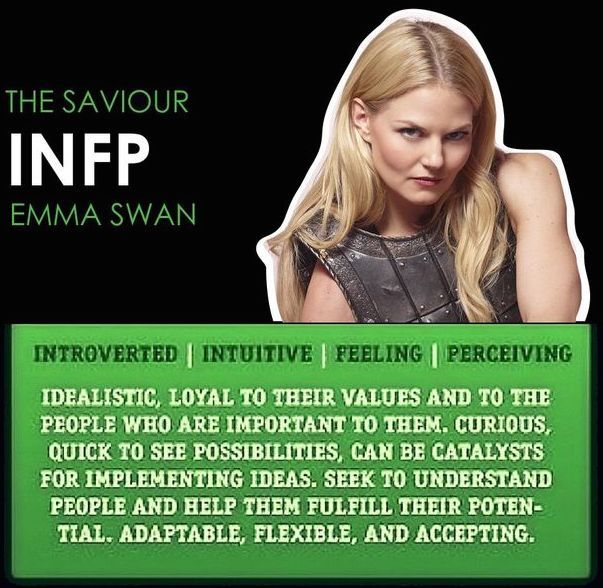
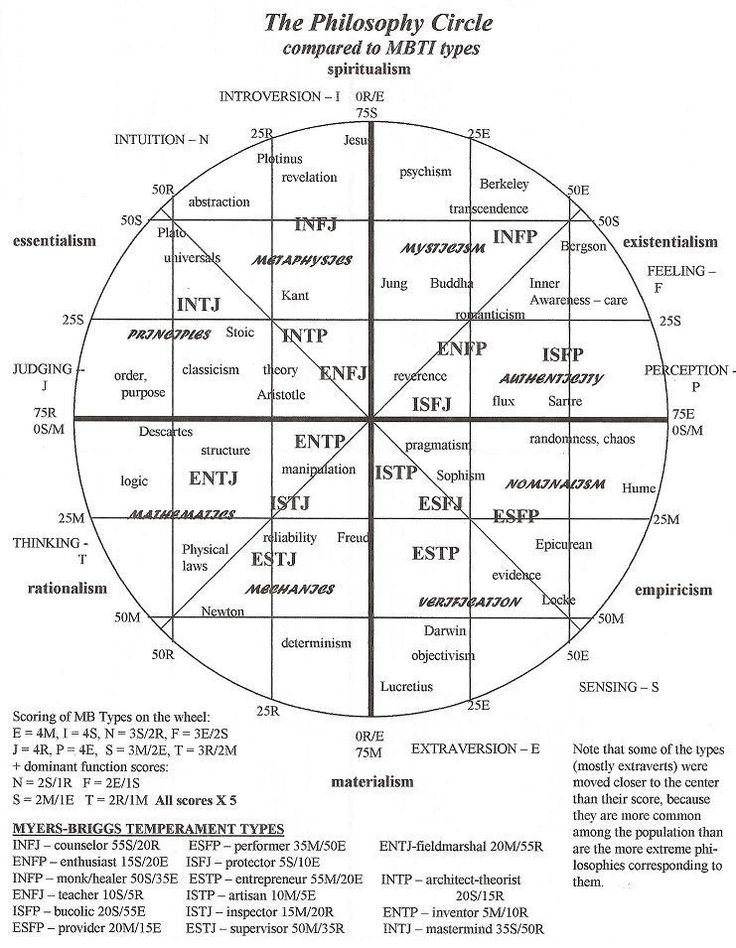 When their dreams become out of touch with reality, others may see them as flighty and mystical. INFPs do well to ask the advice of more practical people to find out if their ideas are workable and useful in the real world.
When their dreams become out of touch with reality, others may see them as flighty and mystical. INFPs do well to ask the advice of more practical people to find out if their ideas are workable and useful in the real world. To complicate things further, they tend to demand too much of themselves as they aspire to their won impossibly high standard. This can lead to feelings of inadequacy, even though they in fact are capable of accomplishing a great deal. When INFPs are disappointed, they tend to become negative about everything around them. Trying to develop more objectivity about their projects will help keep INFPs less vulnerable to both criticism and disappointment.
To complicate things further, they tend to demand too much of themselves as they aspire to their won impossibly high standard. This can lead to feelings of inadequacy, even though they in fact are capable of accomplishing a great deal. When INFPs are disappointed, they tend to become negative about everything around them. Trying to develop more objectivity about their projects will help keep INFPs less vulnerable to both criticism and disappointment. tex
tex 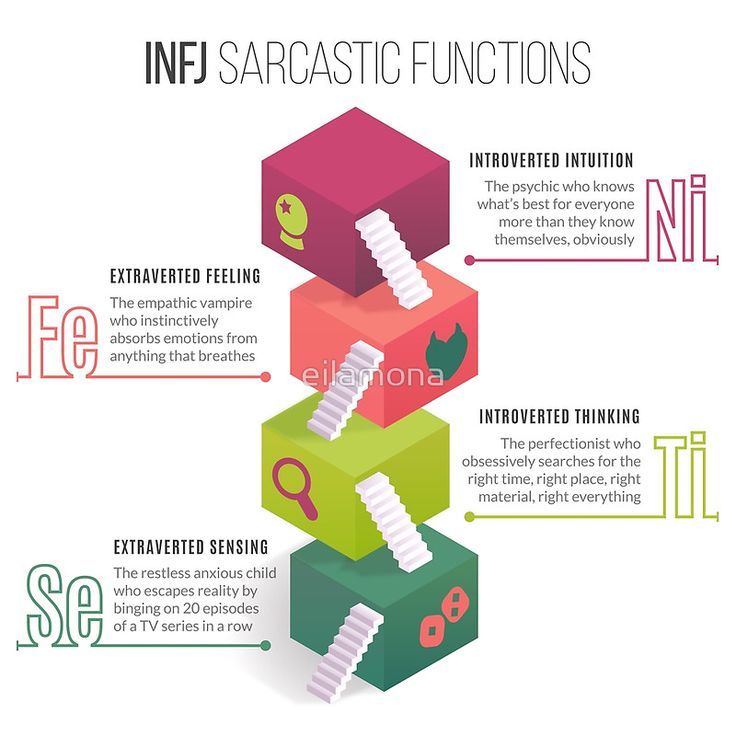 tex
tex 

:strip_icc():format(webp)/kly-media-production/medias/2977951/original/030235400_1574750683-photo-of-a-man-kissing-a-woman-on-forehead-2532215.jpg)






